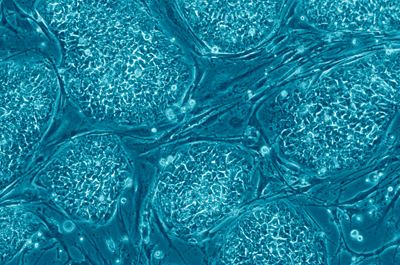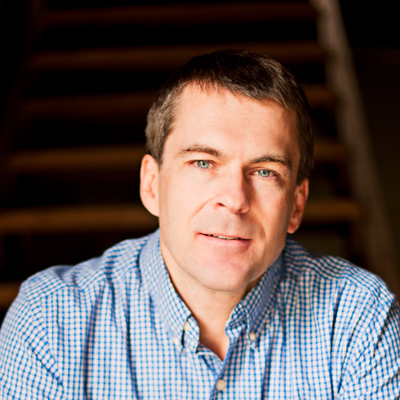
We talk a fair amount at Chesterton House about the history and philosophy of science. Why? Because we believe that thinking well about science is crucial to thinking clearly about many important matters of life and learning.
So, for example, we recently hosted both astronomer Guy Consolmagno, who spoke on “The Galileo Affair,” and historian Mark Noll, who gave a great lecture entitled “Science, Religion, and AD White: Seeking Peace in the ‘Warfare’ Between Science and Theology.” As alert listeners noted, there was a common theme to these talks: both Consolmagno and Noll argued that so-called conflicts between science and religion really have not been conflicts between science and religion at all, but rather conflicts over political power and cultural authority.
We’ll never get to the bottom of these historical incidents, both speakers suggested, until we think a bit more clearly about what sorts of knowledge claims are and are not in fact scientific knowledge claims.* In a similar manner, we have suggested in earlier posts that muddled thinking over the nature of scientific knowledge claims has characterized some of our most prominent public intellectuals, including E.O. Wilson in his recent book The Creation, and Cornell President Emeritus Hunter Rawlings III in his 2005 State of the University address.
For the record, we do not usuallly turn to the New York Times for our philosophy of science. That said, Eric Etheridge’s recent Opinionator blogpost entitled “Stem Cell Squabble” was a very fine and helpful piece on a controversial topic that is not always treated so thoughtfully. Etheridge documents that writers across the political spectrum, including not only conservatives like Princeton legal scholar Robert George and Ethics and Public Policy Center Fellow Yuval Levin, but also New Republic Senior Editor Jonathan Chait and Kevin Drum of Mother Jones are taking President Obama to task for his statement that his administration would “make scientific decisions based on facts, not ideology.”
Robert George and Eric Cohen, writing in the Wall Street Journal, not only disagree with Obama’s position on embryonic stem cell research. They rightly identify that the more fundamental issue is epistemological–i.e., it pertains to the nature and the boundary of scientific knowledge claims. “[T]he claim about taking politics out of science,” they write, “is in the deepest sense antidemocratic. The question of whether to destroy human embryos for research purposes is not fundamentally a scientific question; it is a moral and civic question about the proper uses, ambitions and limits of science. It is a question about how we will treat members of the human family at the very dawn of life; about our willingness to seek alternative paths to medical progress that respect human dignity” (“The President Politicizes Stem-Cell Research”).
Yuval Levin, writing in the Washington Post, makes the same point: “[S]cience policy is not just a matter of science. Like all policy, it calls for a balancing of priorities and concerns, and it requires a judgment of needs and values that in a democracy we trust to our elected officials. In science policy, science informs, but politics governs, and rightly so.” The danger of this “technocratic temptation in science policy” is that “By this logic, an increasing proportion of public concerns must be kept beyond the reach of democracy and be handed over to scientists or other experts to manage.” Obama’s statement that “the promise that stem cells hold does not come from any particular ideology; it is the judgment of science” is, in Levin’s words, a dangerous misunderstanding. “Science policy questions do often require a grasp of complex details, which scientists can help to clarify. But at their core they are questions of priorities and worldviews, just like other difficult policy judgments” (“Science Over All?”).
Although they disagree with Levin and George on whether embryonic stem cell research should proceed, Jonathan Chait and Kevin Drum agree with the more basic point that the debate can not be reduced to a matter of science. “[T]his annoyed me when I read Obama’s statement yesterday,” Drum wrote. “If you think an embryo is a human life — and lots of people do — then you’re going to be opposed to embryo research. If, like me, you don’t, then you’re not likely to have any objection. But although science can inform that debate, it can’t resolve it. Ethics and ideology will always be front and center.”
Every once in a while there are ideas that persons of all persuasions can agree upon. That policy decisions involving science are irreducibly ethical questions is one of them.
*The audio of the Consolmagno and Noll lectures will be available on the website in the near future.


